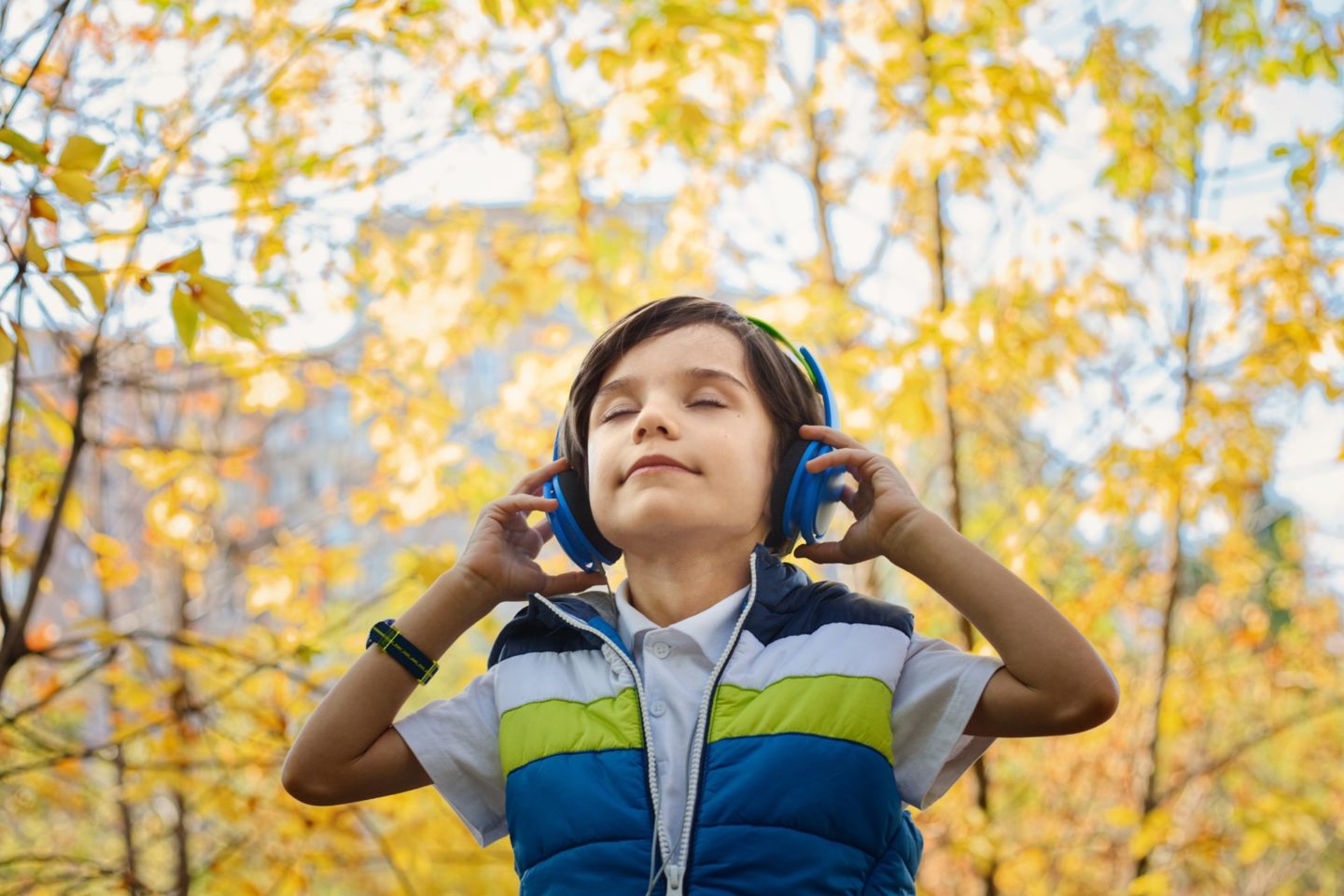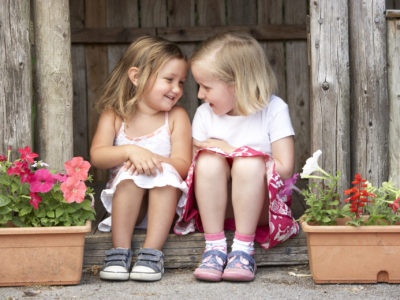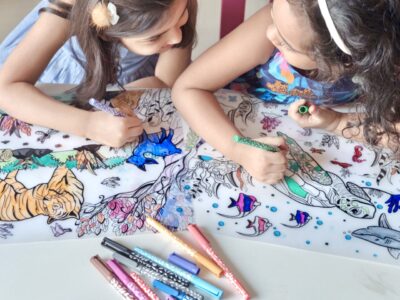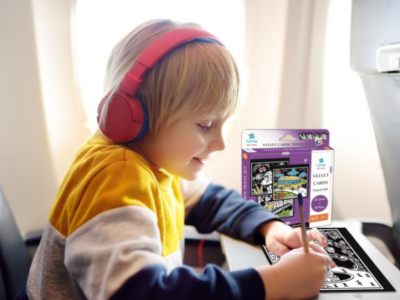Music, in any and every form, is one of the greatest blessings of life. Generations after generations, music gets passed on and that is enough to understand the role it plays in our lives. While adults have enough sense to appreciate the beauty of every note, it is the little ones who need an intervention from us to introduce this gift to them. That is because our knowledge of how music plays a very significant role in early child development is very limited and something that needs great attention.
While some children are fortunate enough to be born in a family having a music background where they are frequently surrounded by music and its formal training, every child has some exposure to music in all the rhymes they sing and various forms of play. And do we all know what is common in all these children? Whether their exposure to music is formal and conscious or informal and natural, every child enjoys the magic of music in their own way and most importantly, all of them constantly learn and grow with every note that hits their little ears.
While it may not sound that music can be one of the greatest and most comprehensive learning experiences for our children, there is so much to know about it’s huge potential during their early years!














